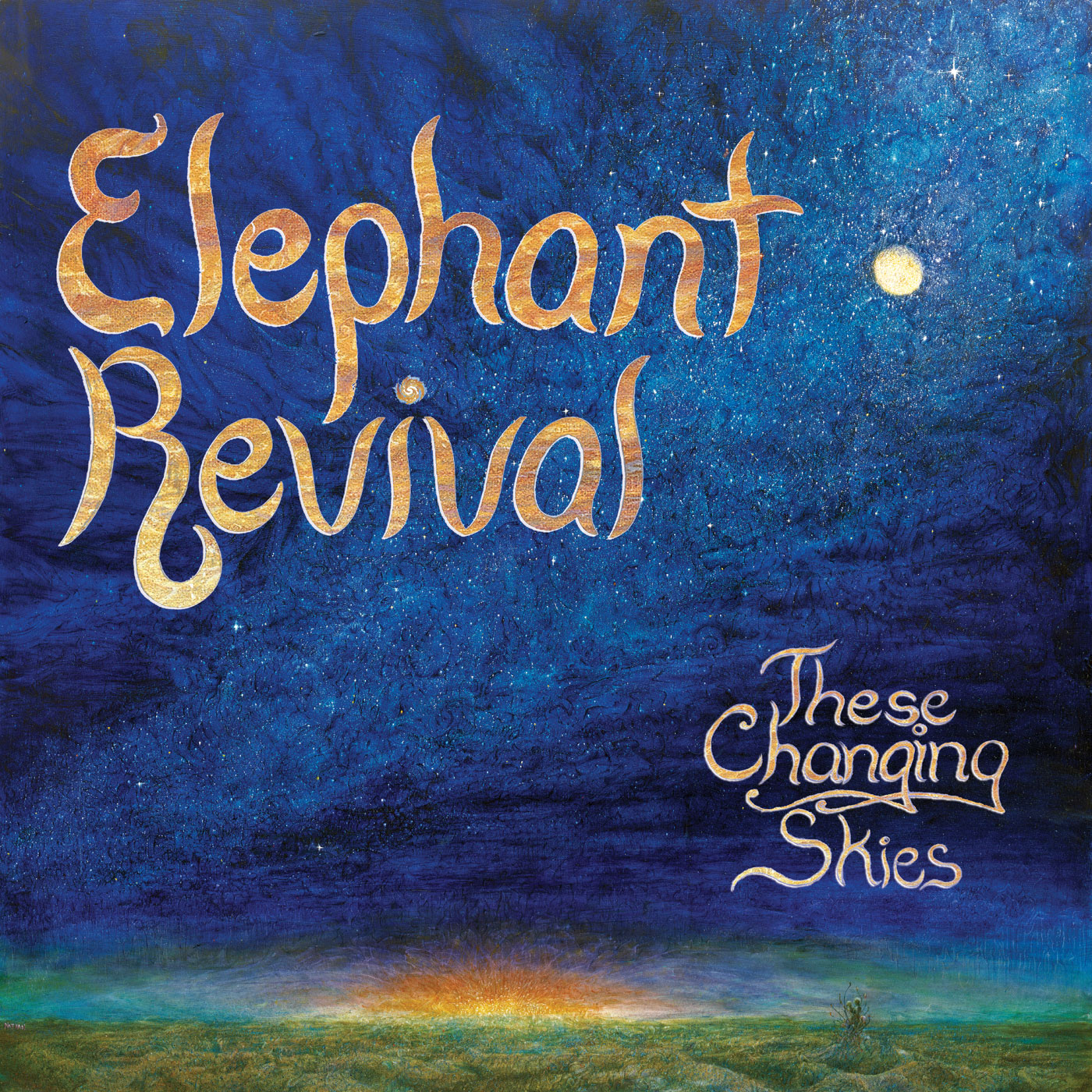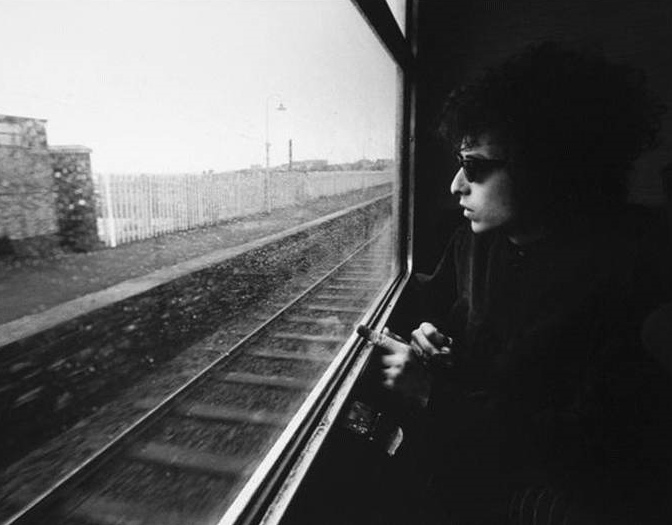On Our Turntable: “Francis Forever,” Mitski
The Rail Gaze CD Club: These Changing Skies, Elephant Revival
Early Tracks [1]: Beginning in Earnest
Inglish Speling Iz Todale Weerd
On the necessity of a spelling system that isn’t just a 1:1 transcription of speech sounds:
“For the sake of argument, we can try to imagine what a purely phonetic writing system would look like—one that Voltaire might have considered ideal. When we speak, we alter the pronunciation of words as a function of the sounds that surround them. It would be disastrous if spelling were to reflect the obtuse linguistic phenomena of so-called coarticulation, assimilation, and resyllabification, of which most speakers are usually unaware. A matter of context would end up having the same word spelled differently. Should we, for instance, use distinct marks for the various pronunciations of plurals? Should we spell “cap driver” under the pretext that the sound b, when followed by a d, tends to be pronounced like a p? At one extreme, should we factor in the speaker’s accent? (“Do you take me vor a shicken?”). This would be apsurd (yes, we do pronounce this word with a p sound). The prime goal of writing is to transmit meaning as efficiently as possible. Any servile transcription of sounds would detract from this aim.”
~Stanislas Dehaene, Reading in the Brain: The Science and Evolution of a Human Invention, emphasis added


